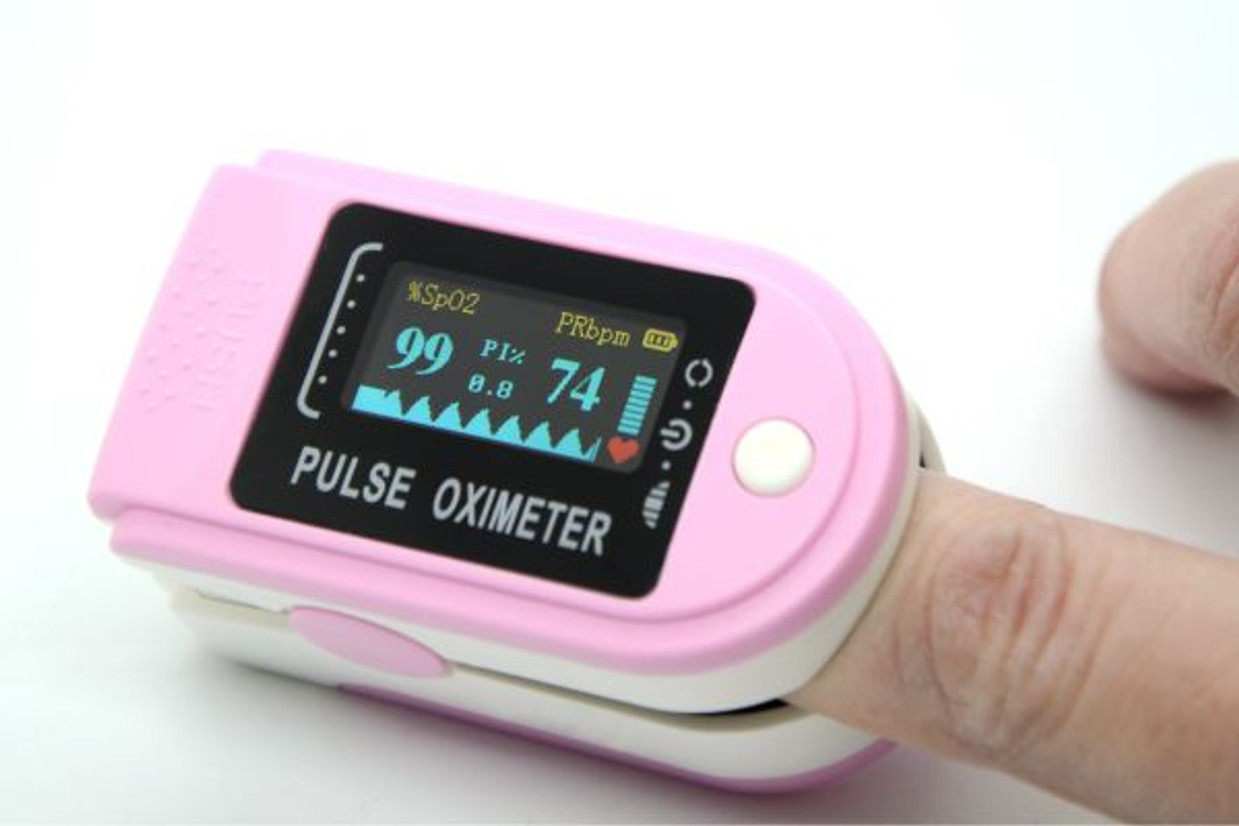Why Does Anemia Cause False Pulse Oximeter Readings?
Providers of all experience levels use the critical and essential pulse oximeter to measure and monitor a patient’s overall well-being. Receiving accurate results is vital to offer quality, ethical, and customized care, but sometimes these results can waver because of a series of existing health issues. Below we take a closer look at why anemia causes false pulse oximeter readings and the importance of overcoming this as medical professionals.
A Closer Look at Anemia
Anemia is a common condition that can elicit false readings from pulse oximeters. This is because anemic individuals have lower hemoglobin levels than normal, which can lead to inaccurate readings. This is especially true when the pulse oximeter measures the oxygen saturation level deviates significantly from the actual oxygen saturation level in the blood.
Anemia and Pulse Oximeter Readings
Hemoglobin carries oxygen from the lungs to the rest of the body. When there is a decrease in hemoglobin levels, less oxygen is carried throughout the body, and therefore, an inaccurate reading on a pulse oximeter is possible. A pulse oximeter measures the amount of light passing through capillaries in the skin. When there are lower levels of hemoglobin, there is less light passing through the veins and thus, an inaccurate reading results.
Diagnosing Anemia
It is important to diagnose anemia early so that it can be properly managed and treated. If an anemic individual goes untreated, they may experience increased issues such as shortness of breath, chest pain in severe situations, chronic fatigue, and sometimes heart failure if the problem persists. Additionally, anemia can also cause false readings on other medical devices, such as heart rate monitors and blood pressure cuffs.
To diagnose anemia, a physician will usually perform a complete blood count (CBC) test, which includes measuring hemoglobin levels. If the results of the CBC show that there are indeed lower than normal hemoglobin levels, the doctor may order further tests to determine the cause of anemia and the best treatment plan. Treatments may include diet improvements, supplementation with iron or other vitamins or minerals, and in some cases, transfusions of blood.
It is important to note that when anemia causes false readings from a pulse oximeter, the results should not factor into medical advice. Suppose a medical professional suspects a patient may have anemia or is experiencing anemic symptoms. In that case, it’s best to follow proper medical protocols per the physician’s discretion to either combat the anemic responses or receive accurate testing results.
Cascade Health Care offers a comprehensive selection of oximeter devices, including pulse oximeters for infants and adults. We understand how important it is to receive accurate readings with quality equipment, and that’s why we offer the industry’s top equipment brands. Browse our selection of pulse oximeter devices and equip your facility with industry-leading professional tools.
Recent Posts
-
What Midwives Should Teach New Parents Regarding Breastmilk
The transition into parenthood presents a profound physiological and emotional shift for growing fam
-
Best Practices for Cleaning and Maintaining Pulse Oximeters
Midwives and medical professionals understand the critical nature of accurate patient data. When mon



